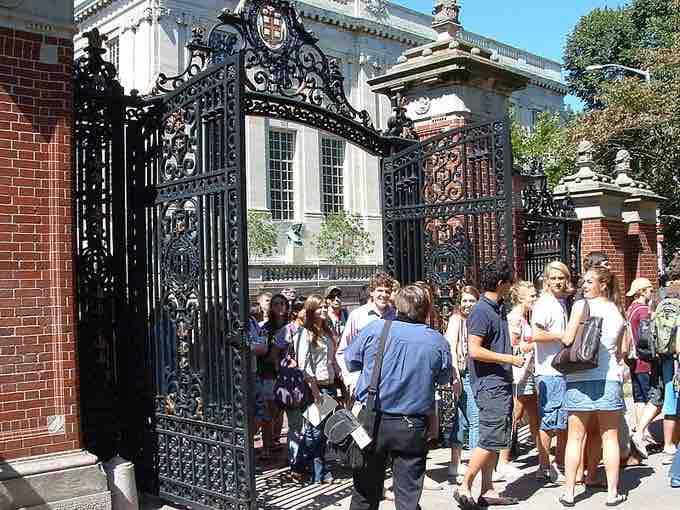In 1970, Benson Snyder, a dean at the Massachusetts Institute of Technology, published a book called The Hidden Curriculum. In it, he argued that the college experience is inherently marked by conflict between students and instructors. In this conflict, students struggle to meet unstated academic and social norms, or a hidden curriculum. Those who master the hidden curriculum excel while those who do not often fail, no matter their academic abilities.
According to Snyder, the hidden curriculum goes beyond the explicit demands of the formal curriculum. The goals and requirements of the hidden curriculum are unstated, but inflexible. They concern not what students learn but how and when they learn. The hidden curriculum is rooted in professors' assumptions and values, students' expectations, and the social context in which both professors and students find themselves. To succeed, students must adapt and often resort to ploys and stratagems to cope with the requirements they face. For example, students may adopt a strategy of selective negligence. Within the first month of classes, many students discover they cannot conceivably complete all the work assigned them; consequently, they must selectively neglect portions of the formal schoolwork. Education becomes a grueling competition rather than an enjoyable quest for knowledge. Creativity and wonder are stifled as students shift their exclusive focus to earning high grades and giving correct answers. Students, Snyder maintains, increasingly view their education as a type of game they must master.
As a result of conflict over the hidden curriculum, students experience intense personal anxiety, depression, and alienation. Some, even the most gifted, are turned off to education altogether. Students may feel frustration and anger at professors who deny them high grades, who object to creativity, and who demand that students fall in line with the hidden curriculum. But typically students must contain this anger or direct it inward. Students may judge themselves harshly, and those judgments may be reinforced by peers and professors.
No part of the university community, writes Snyder, desires the end result created by this process. The professors, too, are distracted and pressured, whether by the need to maintain institutional prestige or by the sheer frenzy of activity interrupting their creative cycles. Yet everyone, professors included, becomes locked into the competition.

Opening Convocation at Brown University
These students are just beginning their college education, where they may also have to learn a hidden curriculum.